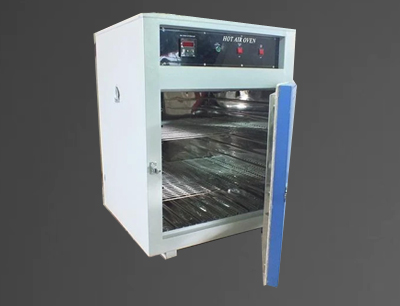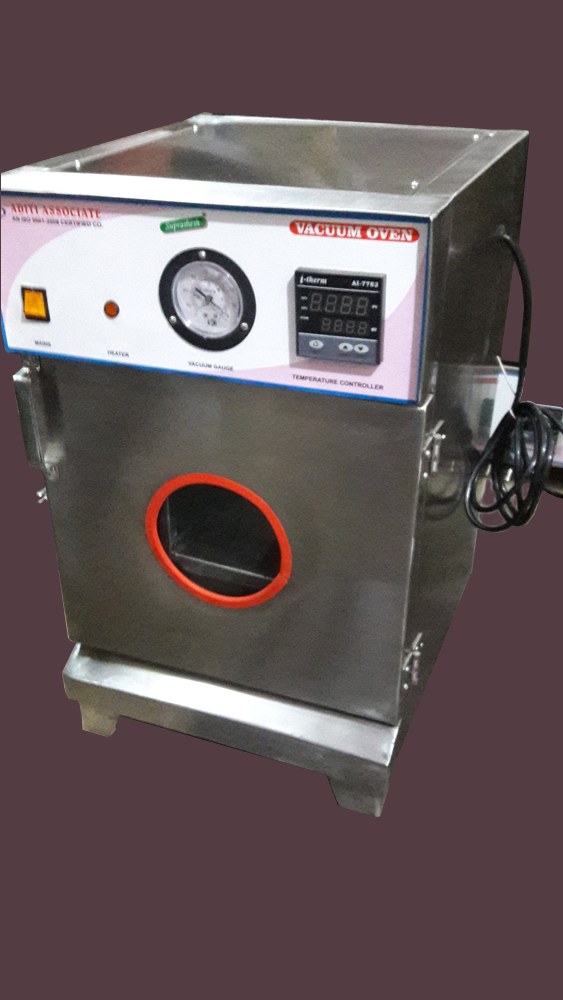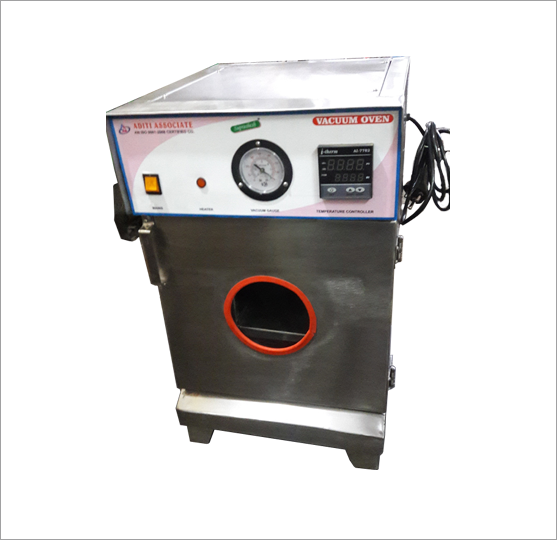-
Call
+ 91 9869569782 / 9594079782
-
Email
+ 91 9869569782 / 9594079782



In the realm of advanced scientific research and technological innovation, the vacuum oven stands as a fascinating marvel that has revolutionized various industries. Its unique design and application in controlled environments have propelled it to the forefront of precision heating and drying. This remarkable piece of equipment is engineered to eliminate air and moisture, creating a vacuum-sealed environment that offers unparalleled benefits in multiple fields. Let's delve into the fascinating world of the vacuum oven and explore its diverse applications and the impact it has made on scientific excellence.
A vacuum oven is a specialized type of oven used in scientific laboratories, research facilities, and various industries. Unlike conventional ovens, a vacuum oven is designed to operate at reduced atmospheric pressure, creating a controlled vacuum environment inside the chamber. This vacuum condition allows for specific applications that cannot be achieved with regular ovens, making the vacuum oven an essential tool for many scientific processes
Aditi Associates, a prominent Vacuum Oven Manufacturer and Exporter, offers cutting-edge equipment that has revolutionized various industries and scientific research. Their vacuum ovens are designed to operate under reduced atmospheric pressure, providing precise temperature control and improved product quality. Aditi Associates' vacuum ovens find diverse applications, including drying and dehydration processes, heat treatment in materials science, polymer processing, electronics, and semiconductor production. The company's ovens ensure faster processing, enhanced safety, and energy efficiency, making them indispensable tools for laboratories, research facilities, and industrial processes worldwide. With a commitment to innovation and versatility, Aditi Associates continues to lead the way in providing state-of-the-art vacuum ovens that contribute to scientific excellence and technological advancement.
Request A Quote